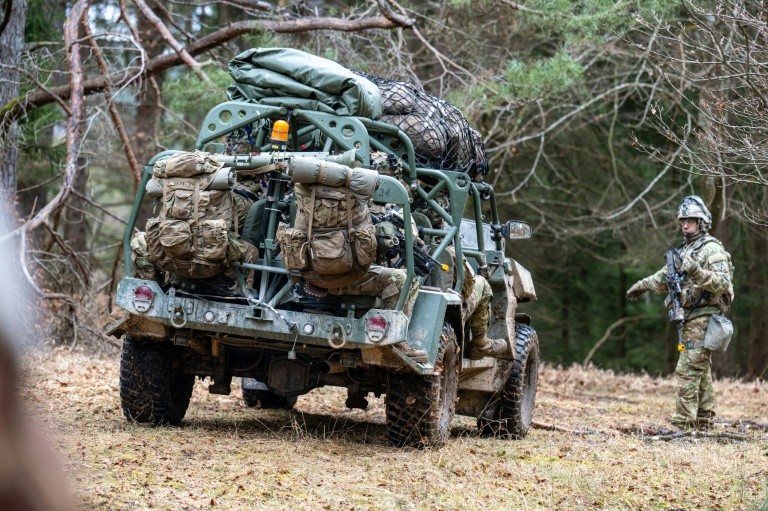
Ukraine has, for the first time, acknowledged the possibility of transferring captured North Korean soldiers to South Korea.
Andriy Chernyak, a representative of Ukraine's Defense Intelligence, confirmed the potential move during an exclusive interview with Yonhap News Agency in Kyiv on Feb. 21. When asked about the fate of two North Korean soldiers currently held in Ukraine, Chernyak suggested the transfer was feasible, citing strong ties between Ukraine and South Korea's defense intelligence and special forces.
One of the captured North Korean soldiers recently expressed a desire to defect to South Korea in an interview with Chosun Ilbo. The South Korean government responded swiftly, expressing readiness to provide protection and citizenship, as outlined in the country's constitution.
"North Korean soldiers are our citizens according to the Constitution," a South Korean ministry official stated. "Respecting an individual's free will regarding repatriation of prisoners of war is in line with international law and practice. They should not be repatriated to a place where they are threatened with persecution."
Chernyak refrained from revealing the exact location where the prisoners are held but assured they are in a secure environment with all necessary provisions.
The capture of North Korean soldiers has shed light on the scale of Pyongyang's involvement in the conflict. Chernyak revealed that approximately 11,000 North Korean troops are fighting alongside Russian forces in Ukraine. He estimated that around 4,000 of them have been killed or seriously wounded, though some may return to the front after recovering.
He warned that this military cooperation between Russia and North Korea not only prolongs the conflict but also poses a growing threat to the Asia-Pacific region. Injured North Korean soldiers who return home will carry valuable battlefield experience, including expertise in drone warfare and small infantry tactics — skills previously exclusive to Ukrainian and Russian troops.
Despite rumors suggesting North Korean troops had vanished from the front lines since mid-January, Chernyak clarified that they were temporarily withdrawn after suffering massive casualties and are now being reorganized for redeployment.
Ukraine estimates that North Korea could send as many as 150,000 additional soldiers to support Russia's invasion. While North Korean troops initially struggled due to poor tactics, they have quickly adapted, showing growing combat effectiveness.
Toshimitsu Shigemura, a professor at Tokyo's Waseda University specializing in North Korean leadership, believes that the Pyongyang regime would not allow returning troops to reintegrate into society due to fears they might disclose sensitive information.
"Execution is the most likely outcome, though imprisonment, essentially a death sentence, remains a possibility," Shigemura said. He also expressed concern that the soldiers' identities had been exposed on social media, increasing the risk to them and their families.
"If they choose not to return, then their families will be sent to prison camps where they will die, so these men may think that they could avoid that if they do agree to go back," Shigemura explained. He added, "Whether they choose to return or not, the authorities in North Korea will not want news of what has happened in Russia to be passed on to the rest of the population."
Shigemura argued that Kim Jong-un miscalculated by sending troops to support Russia, potentially overestimating his military's capabilities or underestimating Ukraine's resilience.








